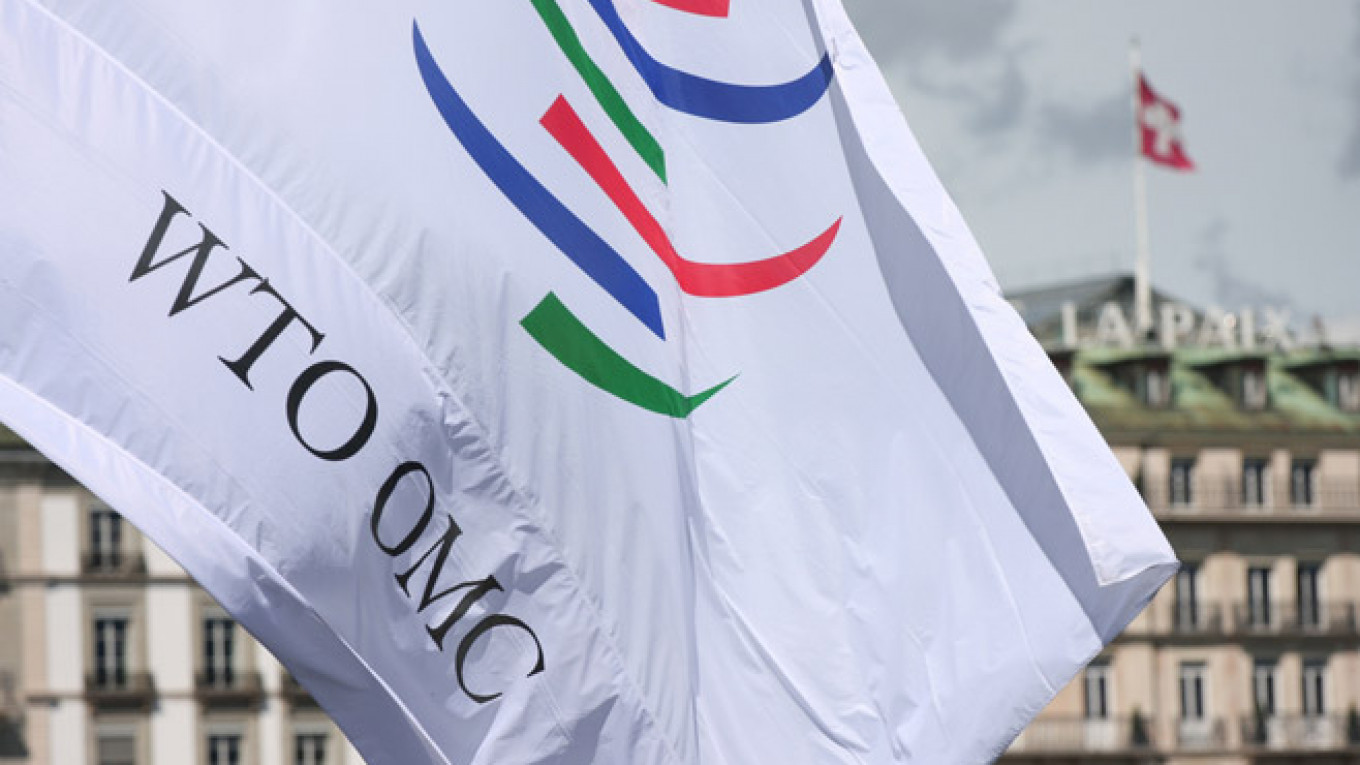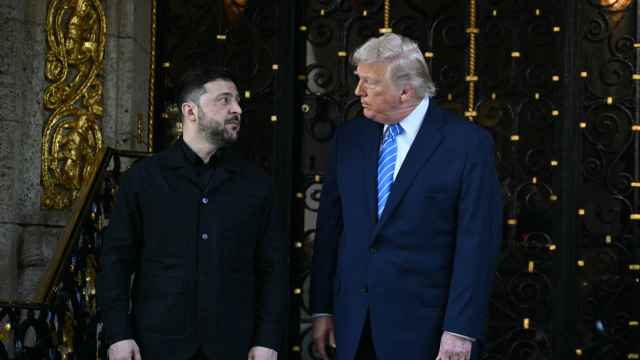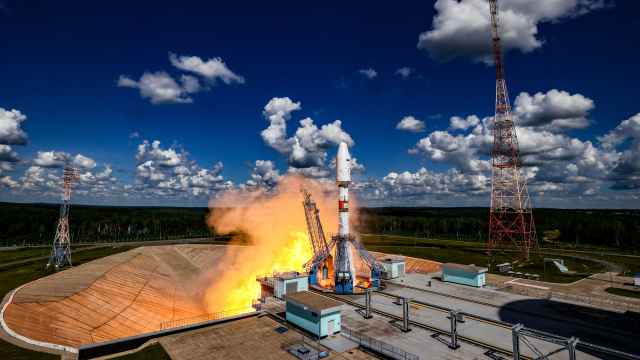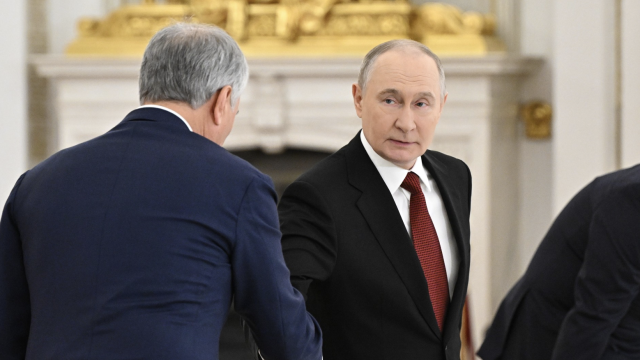GENEVA — The World Trade Organization (WTO) on Friday backed a Japanese complaint against Ukraine's emergency tariffs on car imports and recommended that Kiev revoke the measures imposed two years ago.
Ukraine imposed emergency tariffs of 6.5 to 13 percent on auto imports in March 2013, justifying the move by saying domestic production had dropped sharply while imports of cars had risen, threatening its domestic industry.
A WTO dispute panel, set up in March 2014, ruled on Friday that Ukraine violated the so-called Safeguards Agreement in the dispute brought by Japan that accused Ukraine of failing to observe the pact in 11 different ways.
Car exporters including the European Union, Russia, United States, India and South Korea later reserved their third party rights in the dispute.
Temporary "safeguard tariffs" are allowed under WTO rules if there is a sudden, unexpected and damaging surge of imports, but any country imposing them has to justify them and seek the views of interested parties.
"In the light of the nature and number of inconsistencies with the Agreement on Safeguards and the GATT 1994 that we have found in this case, we suggest that Ukraine revoke its safeguard measure on passenger cars," the panel ruling said.
A Message from The Moscow Times:
Dear readers,
We are facing unprecedented challenges. Russia's Prosecutor General's Office has designated The Moscow Times as an "undesirable" organization, criminalizing our work and putting our staff at risk of prosecution. This follows our earlier unjust labeling as a "foreign agent."
These actions are direct attempts to silence independent journalism in Russia. The authorities claim our work "discredits the decisions of the Russian leadership." We see things differently: we strive to provide accurate, unbiased reporting on Russia.
We, the journalists of The Moscow Times, refuse to be silenced. But to continue our work, we need your help.
Your support, no matter how small, makes a world of difference. If you can, please support us monthly starting from just $2. It's quick to set up, and every contribution makes a significant impact.
By supporting The Moscow Times, you're defending open, independent journalism in the face of repression. Thank you for standing with us.
Remind me later.






